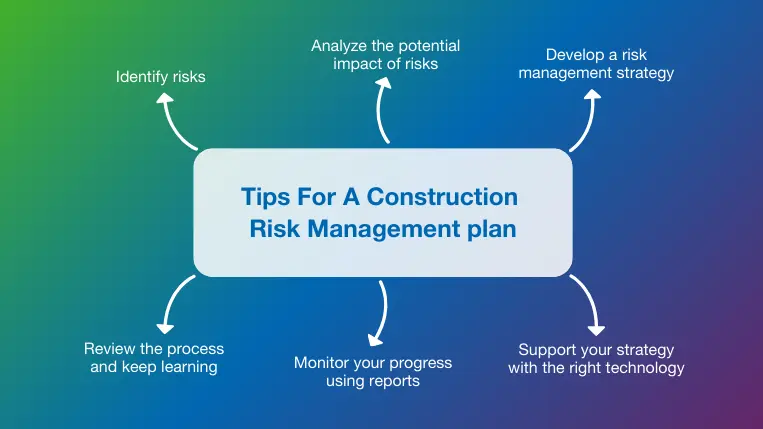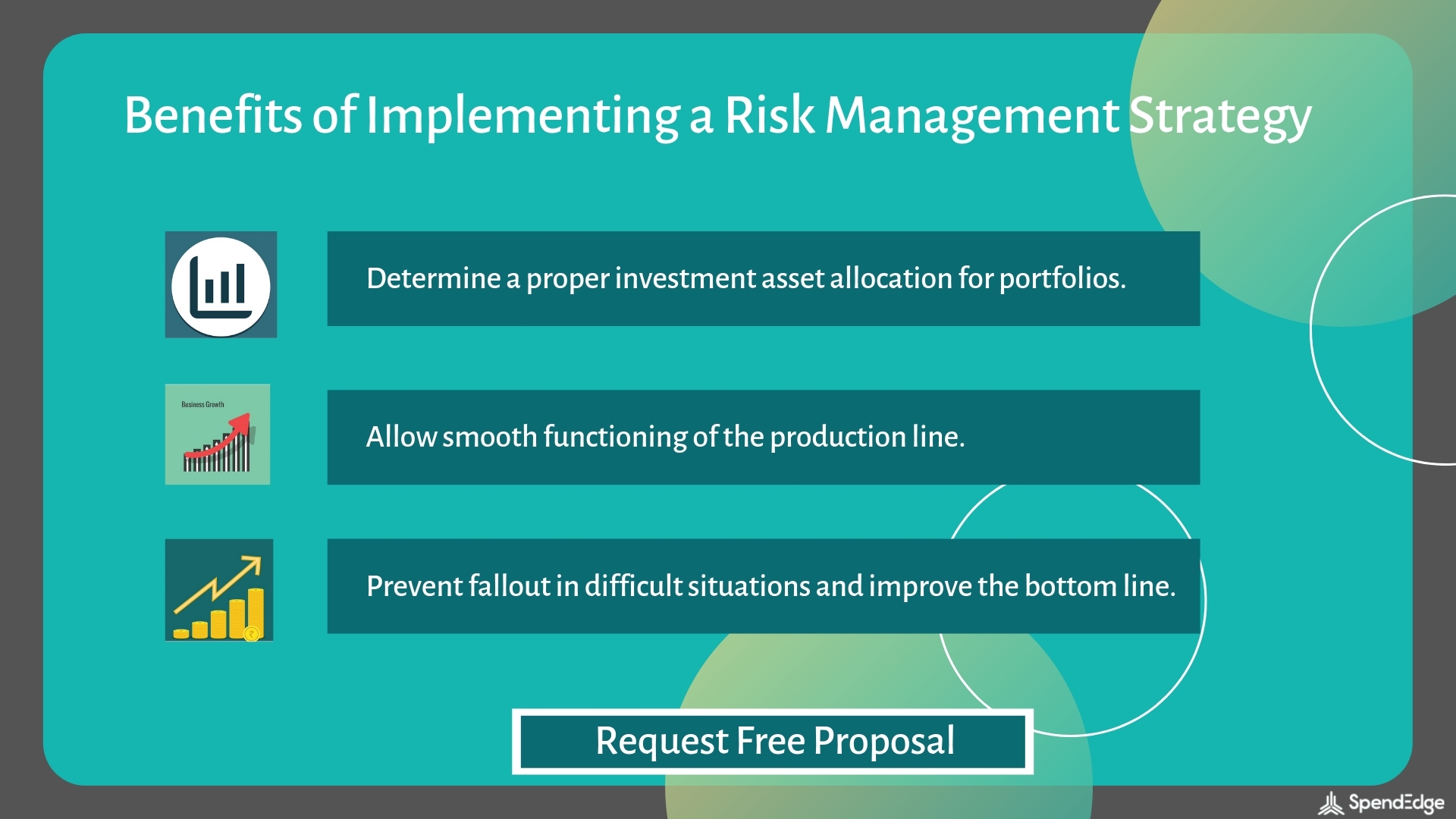How the Importance of Risk Management Facilitates Successful Project Outcomes
How the Importance of Risk Management Facilitates Successful Project Outcomes
Blog Article
The Importance of Understanding the Importance of Risk Management in Numerous Industries

The Core Concept of Risk Management and Its Function
Risk Management, the foundation of many industries, hinges on the identification, evaluation, and mitigation of uncertainties in a business setting. By properly determining prospective risks, organizations can create strategies to either prevent these threats from taking place or lessen their impact. When threats have actually been recognized and reviewed, the mitigation procedure involves designing approaches to reduce their prospective effect.
Benefits of Executing Risk Management in Business Workflow

Introducing the Duty of Risk Management in Different Industries
While every sector challenges its distinct set of threats, the execution of Risk Management approaches stays a typical denominator in their search of sustainability and development. In the healthcare industry, Risk Management requires guaranteeing individual safety and security and data protection, while in money, it includes mitigating investment risks and guaranteeing regulative compliance. Ultimately, the duty of Risk Management across industries is to identify, assess, and mitigate threats.
Real-life Situation Research Studies Showing Effective Risk Management
To recognize the significance of Risk Management in these many industries, one can look find out to several real-life instances that show the successful application of these procedures. Toyota, publish the 2011 quake in Japan, revised its supply chain Management to minimize disruption threats. These situations show exactly how sectors, finding out from crises, successfully applied Risk Management techniques to decrease future threats.
Future Patterns and Developments in Risk Management Approaches
As the globe remains to progress, so also do the trends and advancements in Risk Management approaches. Fast improvements in technology and information analytics are improving the Risk landscape. Large data and AI are now crucial in forecasting and reducing risks. Organizations are leveraging these tools to develop predictive models and make data-driven decisions. Cybersecurity, when a peripheral problem, has catapulted to the leading edge of Risk Management, with methods concentrating visit this site on avoidance, detection, and response. The integration of ESG (Environmental, Social, Administration) elements right into Risk Management is an additional expanding fad, mirroring the enhancing acknowledgment of the role that social and environmental risks play in service sustainability. Therefore, the future of Risk Management exists in the combination of advanced modern technology, innovative strategies, and a holistic strategy.
Conclusion
In final thought, comprehending the importance of Risk Management across a range of markets is vital for their durability and success. Ultimately, successful Risk Management adds to a lot more resilient and lasting companies, highlighting the significance of this practice in today's dynamic and extremely competitive company environment.
While every market challenges its one-of-a-kind collection of threats, the implementation of Risk Management strategies continues to be an usual in their pursuit of sustainability and development. In the health care field, Risk Management requires making certain client security and data defense, while in money, it involves mitigating investment threats and ensuring regulatory conformity. Eventually, the function of Risk Management across markets is to recognize, assess, and alleviate threats. These cases demonstrate exactly how industries, discovering reference from crises, effectively used Risk Management approaches to minimize future dangers.

Report this page